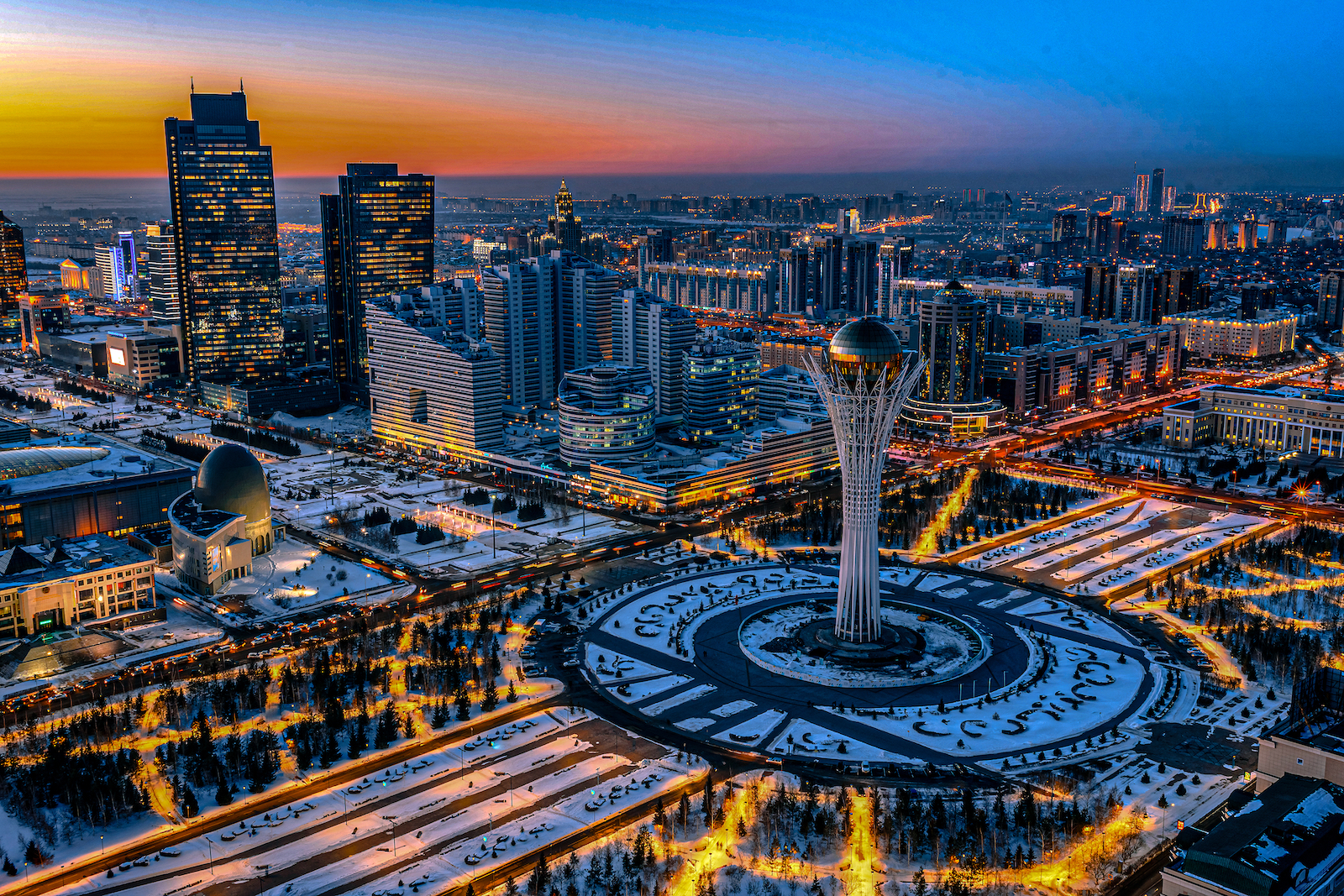
The European Parliament’s Conflicted Kazakhstan Policy
Among all the Central Asian countries, the European Parliament and the European Union have their deepest and best-established relations with Kazakhstan. Following the disintegration of the Soviet Union, Kazakhstan and the EU grew closer together through framework agreements that have matured into the Enhanced Partnership and Cooperation Agreement (EPCA).
Kazakhstan was one of only two countries in the region to conclude such an agreement. The relationship deepened in 2019 when the EU formally adopted an updated Central Asia strategy that recognized Kazakhstan’s high-profile role in the Union. The European Parliament endorsed this strategy.
Yet an odd Jekyll-and-Hyde split seems to characterize the European Parliament’s approach to Kazakhstan. On the one hand, the leadership of the European Parliament is generally supportive of the country and have been encouraged by the new reforms being pursued by Kassym-Jomart Tokayev, the country’s president. For instance, a few months ago, MP Andris Ameriks met with Tokayev in Kazakhstan and called his political reforms a “serious step towards democracy.” Another example of this supportive outreach came in late August when Christian Sagartz, the Vice-Chair of the EP’s Subcommittee on Human Rights, visited the country with a delegation and called Kazakhstan a key partner.
On the other hand, a number of parliamentarians continually sponsor and vote in favor of resolutions directed against Kazakhstan and its leadership, ignoring the fact that Nursultan Nazarbayev, the country’s former problematic president, has been out of office for over two years. This list of cynics includes Róża Thun and Petras Auštrevičius of the Renew Party, Green Party members Viola von Cramon and Heidi Hautala, Anna Fotyga of the ECR Party, and Fabio Castaldo of the M5S Party.
Róża Thun’s case is particularly remarkable in that she does not serve on any committees that involve her in Kazakhstani affairs but has nonetheless been the most active voice against the country, introducing motions for resolutions to condemn the human rights situation in Kazakhstan. The problem is that some of these resolutions appear to lack both perspective and objectivity. A recent resolution was rushed through before the usual practice of convening a parliamentary debate.
While Kazakhstan’s significance is recognized by both the European Parliament and the European Union and it receives praise from many parliamentarians, it has also been suffering censure through negative European Parliament resolutions every other year for the last twelve years. Indeed, it has received more rebuke than any other Central Asian country, including those that still openly maintain authoritarian regimes.
This paradox raises a question about why a group of parliamentarians break with their leadership when it comes to Kazakhstan, particularly at a time when Europe’s energy woes should encourage more positive overtures towards Central Asia. And why they disproportionately amplify grievances about a particular Central Asian republic and largely ignore other countries.
These parliamentarians have complained, somewhat justifiably, about the way some of the protestors were handled during the January unrest. They should balance this, however, with their recognition of Tokayev’s good-faith gestures and Kazakhstan’s attempts to maintain justice and fairness, such as by commuting the punishment for protestors who did not commit any serious crimes.
Just a few weeks ago, Tokayev announced a one-time amnesty for participants in the January events with the exception of “main persons involved in the organization of the riots, as well as those accused of state treason and attempted violent change of power.” None of the parliamentarians who have been critical of Kazakhstan’s human rights record have commented on this. Nor have any of them remarked on the fact that Kazakhstan’s Human Rights Commissioner has requested the Venice Commission’s opinion on a draft constitutional law to enhance the Commissioner’s role. The draft constitutional law seeks to clarify the competencies of the office and establish a mechanism for interaction with Parliament (and local representative bodies), all in accord with international standards and best practices.
In the current global context, Kazakhstan has suffered economically from upholding international sanctions and is at the same time seeking alternative routes for exporting its energy to the world market. In such realities, it becomes even more evident that a group of parliamentarians, whatever their motives, are methodically degrading the EU’s relations with Kazakhstan.

